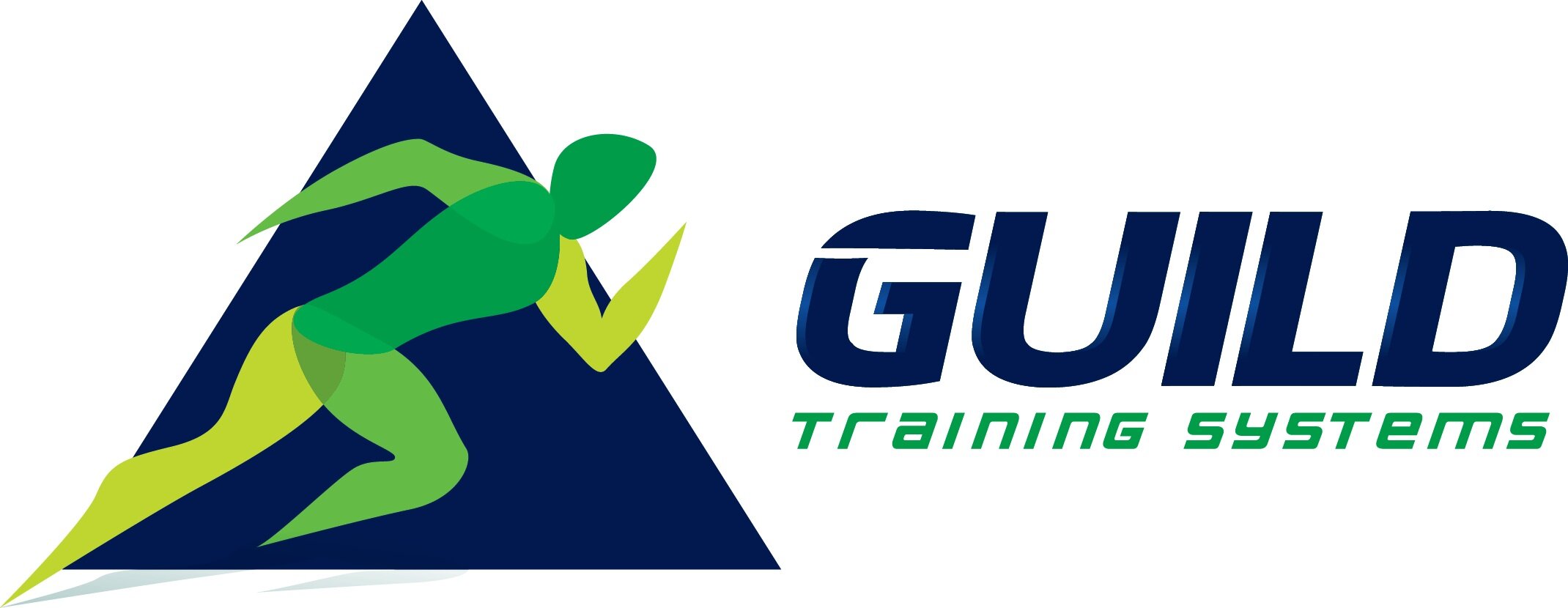Career Pivot?
So you’re looking to work in health and fitness?
Where to begin…
I’ve had a few people reach out over the past weeks expressing interest in “career pivots” into the fitness industry. This fires me up, as the fitness industry could use as many passionate professionals as possible.
I’ve been around personal training since I started as a personal trainer my junior year of college.
I’ve been a high school strength coach, a Parisi Speed School coach, a Genavix Wellness exercise physiologist, a personal trainer at 4 different gyms and a strength and conditioning coach in professional baseball with the Oakland Athletics.
I’ve also been a licensed real estate agent for 4 years and interviewed to be a car salesman at a Ford dealership.
This is my 7th year in fitness.
Does that paint a picture of the fitness industry yet?
Many industries can say they are demanding and challenging to become established within. Fitness is certainly no different. My career is not unique as I know many of my peers have led a similar career path.
If the last four or five paragraphs have you saying “that sounds like a terrible life” then I would advise waiting a few years prior to stepping into fitness. With the onset of online training, more advanced and credentialed personal trainers and a world-wide pandemic, those in the health and fitness industry are in a wildly competitive environment right now.
While the professional landscape for a personal trainer is far better than it was 10-15 years ago, with improvements in compensation, working conditions and career development opportunities, it is still a “Wild West” to newcomers.
If you’re still up for getting into the health and fitness industry after the last few paragraphs, then let’s get started.
Find What Success Looks Like To You
Finding role models who do what you want to do is imperative to finding some early footing in health and fitness. In today’s world, that trainer or coach doesn’t need to be down the street as most professionals that I know are very approachable on social media, answer their email and even love having young professionals stop by their gym to shadow and talk shop.
It’s what I did and I’d highly recommend it to anyone looking to get started in fitness. Find what success looks like to you and spend time around it.
Understand Personal Finance
I have been a 1099 contractor, a W-4 employee, a business owner and “paid under the table” contractor which I’ll never speak about (I hope the IRS doesn’t read this). While I am not yet adept at any of these roles, the point is that being paid consistently in the health and fitness industry is a rarity. If you’re a trainer, you may have seasonal success if you are paid by commission or yearly success if paid by salary. As a business owner, you may struggle due to local pressures or new businesses in the area or global pandemics…. Etc. There’s even an old saying in strength and conditioning that you’re “not a real strength coach until you get fired”.
Growing and developing in the fitness industry is a bumpy ride. For that reason, being intelligent with what one makes is of vital importance. I’ve seen many talented and promising coaches quit the field due to financial limitations. While this isn’t 100% the fault of the coach or trainer, it can be avoidable.
A few books on personal finance that have helped me are below.
I also have multiple people that I talk finance with when I’m struggling who have helped me stay above water over the years during lean times. Take-home point here, do your homework on your personal finances.
Obtain Legitimate Education
This doesn’t mean a college degree, nor does it mean the latest, greatest certification. It does mean obtaining credentials that are widely recognized and respected. There are plenty of personal trainer certifications out there just like there are plenty of complementary certifications. Pursue credentials that are in-line with your career interests. I started out getting a Personal Training certification through the American College of Sports Medicine, followed by their Clinical Exercise Physiologist education, then went on to become a Certified Strength and Conditioning Specialist through the National Strength and Conditioning Association.
Certified Strength and Conditioning Specialist Certification
Clinical Exercise Physiologist Certification
While I’ve obtained numerous further certifications, they were all done in an effort to further my knowledge in specific areas of my coaching career. While being well-rounded is key in health and fitness, making sure that you have fundamental prerequisites for a majority of job opportunities is imperative.
Do your research!
Have A Fallback Plan
I hope you never have to use it, but have a plan for if health and fitness doesn’t work. It may be due to a bad local environment, some unlucky breaks or really anything but if it ends up not being the right time for you, make sure you know where you’ll head next.
Mike Boyle used to talk about being a bartender/strength coach in the early days. Personally, I went the real estate agent route and learned a lot in that industry that has transferred over to my coaching career. Whatever your backup plan is. Have one. It’ll settle your mind during tough times.
I hope this gets people started with their checklists for career pivots. The health and fitness industry has given me more than I could have asked for in terms of memorable experience, personal growth and truly enjoying my workdays. It’s not for everyone and it does require some upfront sweat and tears. Please continue reaching out with any questions!




